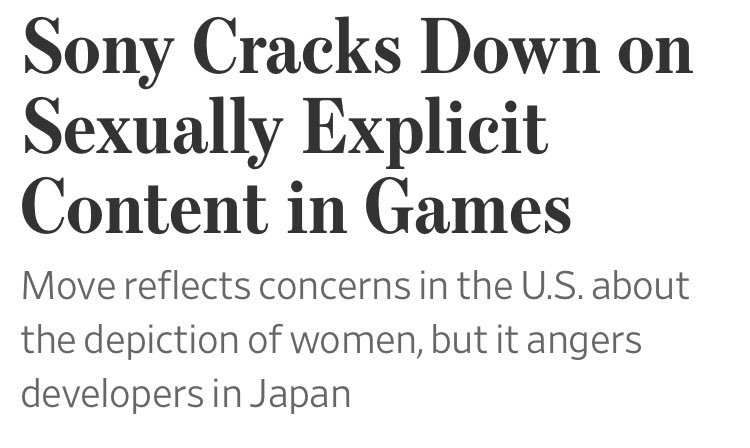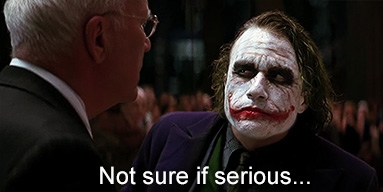Sony Cracks Down on Sexually Explicit Content in Games
Move reflects concerns in the U.S. about the depiction of women, but it angers developers in Japan
By Takashi Mochizuki
April 16, 2019 11:19 a.m. ET
TOKYO—Sony Corp. is cracking down on sexual content in PlayStation 4 videogames globally, reflecting concerns in the U.S. about the depiction of women in games but also irritating some software developers.
New in-house standards that limit sexually explicit content distinguish Sony from other game-hardware makers that allow more leeway as long as the software carries a rating from a national industry body.
A Sony spokeswoman confirmed the company has established its own guidelines “so that creators can offer well-balanced content on the platform” and gaming “does not inhibit the sound growth and development” of young people. She declined to say when these guidelines were introduced or to discuss them in detail.
The Wall Street Journal interviewed more than a dozen developers and executives in the U.S., Europe and Japan at software companies that provide games for PlayStation 4. They confirmed Sony’s new rules, and some expressed dismay that their creativity could be hindered. They asked not to be identified because of nondisclosure contracts with Sony and fears about the impact to future business with Sony.
The PlayStation 4 is the world’s most widely used videogame console, with more than 94 million units sold around the globe. About $11 billion in PlayStation 4 game software was sold in 2018, according to Sony, and
the machine has helped drive the company’s turnaround during the past five years.
Sony officials said executives at the company have grown concerned that its global reputation could take a hit from sexually explicit content sold only in a few markets. One of their biggest concerns is software sold in the company’s home market of Japan, which traditionally has had more tolerance for near-nudity and images of young women who might appear underage.
Two factors last year combined to turn that unease into action, these Sony officials say. One was the rise of the #MeToo movement in the U.S., which pointed to the dangers of being associated with content that some might see as demeaning to women. The second was the emergence of channels on sites like YouTube and
Amazon.com Inc.’s
Twitch where gamers play in front of a camera and are watched by fans online. That means games meeting Japan’s laxer standards can get world-wide exposure.
“Sony is concerned the company could become a target of legal and social action,” a Sony official in the U.S. said.
Matthew Johnson, director of education at Canada-based nonprofit MediaSmarts, said Sony’s move was reasonable given the influence game content can have on players in real life. It’s “similar to a TV network deciding what is appropriate to air in terms of violence, profanity [and] sexuality,” Mr. Johnson said.
Software makers in Japan, while acknowledging the global #MeToo trend, are less happy about Sony’s shift.
Executives and developers at game makers that make sexually explicit games say Sony used to praise them as an important part of the PlayStation business strategy because their offerings added to the variety of PlayStation games. But they don’t get much attention from Sony anymore, they said, and were told to go find other platforms if they want to keep making such games.
“What they’re saying to us is basically go find a niche somewhere else,” said a top executive at a Japanese software company that makes sexually explicit games.
The Sony spokeswoman declined to comment on the outside developer’s comment, saying Sony maintains “responsibility to our users as a platform holder.”
In general, any company making a game for a platform like the PlayStation 4,
Microsoft Corp.’s Xbox or
Nintendo Co.’s Switch signs a contract with the platform maker governing royalties and other items. That gives the platform maker the ability to block games it doesn’t like.
Nintendo said it doesn’t regulate sexual content beyond requiring game makers to obtain a rating from national bodies. It said its game systems allow parents to restrict content based on the rating. Microsoft declined to comment.
U.S. ratings established by the Entertainment Software Rating Board range from “AO” for adults only to “E” for everyone, while Japan has a similar system by the Computer Entertainment Rating Organization. Sony’s game reviews go beyond those ratings, similar to the way app-store operators require advance review before apps get published.
Some fans in Japan noticed the shift last autumn when they saw changes to graphics in games known for showing young women in suggestive poses. The changes occurred in the PlayStation 4 versions of the games, not those available on other machines. Developers said such changes followed requests from Sony.
In one game called “Nora, Princess and Stray Cat Heart,” available mainly in Japan, the PlayStation 4 version used white rays to cover up parts of a female character’s body. On other platforms, the game doesn’t feature that coverup. The game in Japan is rated for players 17 years old and older. The game’s developer, a company called Harukaze, didn’t respond to requests for comment.
Some Japan-based software executives also have complained that they have been required to communicate in English—because Sony’s global game business is based in California—even though the parent company is Tokyo-based.
Other software executives object to the lack of written guidelines from Sony.
“You don’t know what they will say until you complete the work and submit it for review,” said the chief executive of a small game developer in Japan. “And if they are not happy, even if they allowed the same degree of sexuality a few days before, we need to take it back and ask our staff to make adjustments. That’s very costly.”
Industry consultant Hisakazu Hirabayashi said smaller companies had little power to argue on behalf of their creations. “This is representative of the recent trend of players with a big voice trying to set up the world the way they like under the name of political correctness, fairness or human rights,” he said.
The Sony official in the U.S. said he was aware of what outside developers were saying, but that he hoped they would accept how the world has changed.
“We don’t have criteria in written guidelines or that sort of thing because the policy was introduced kind of suddenly in the wake of the #MeToo movement,” the official said.




























